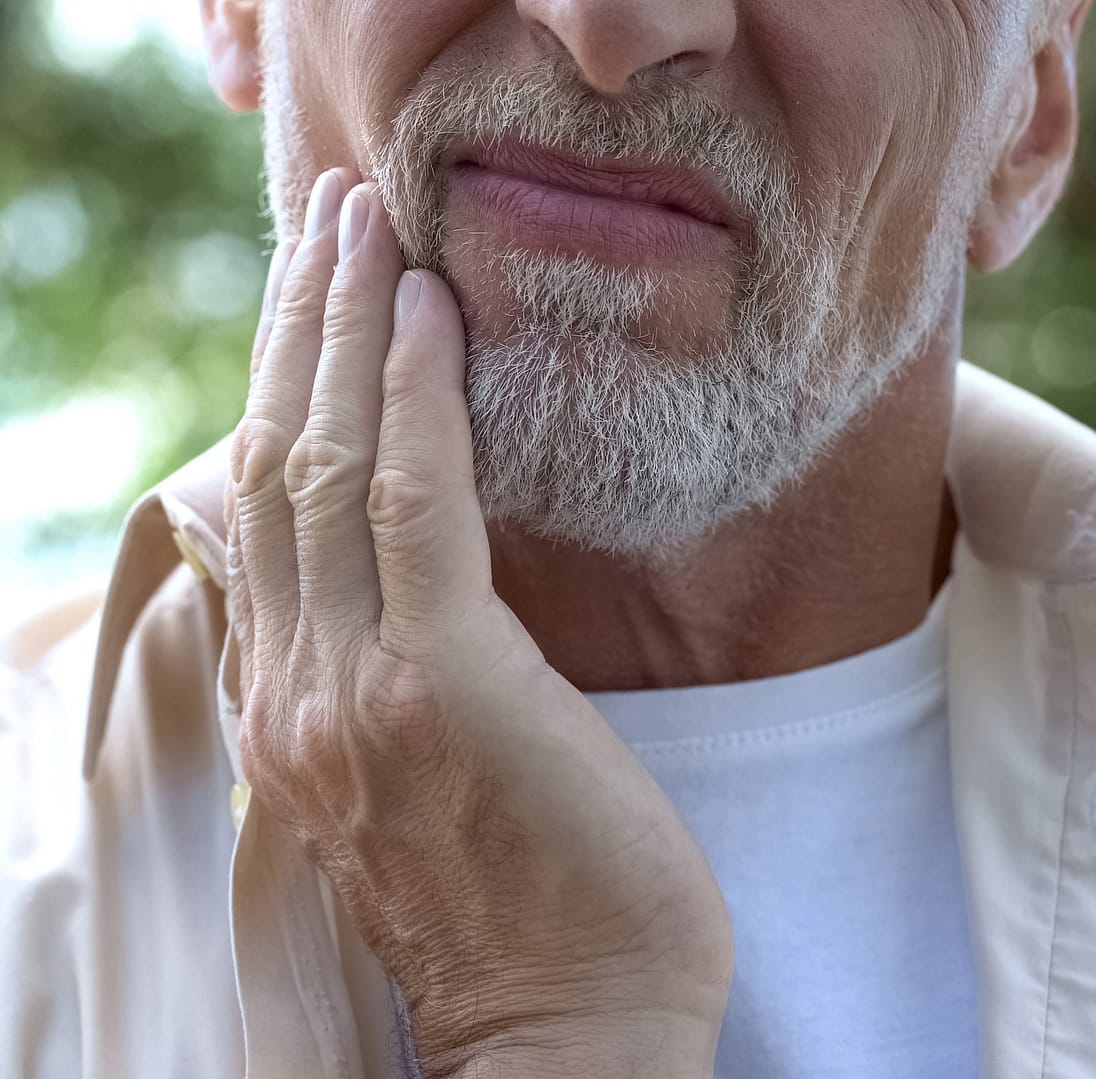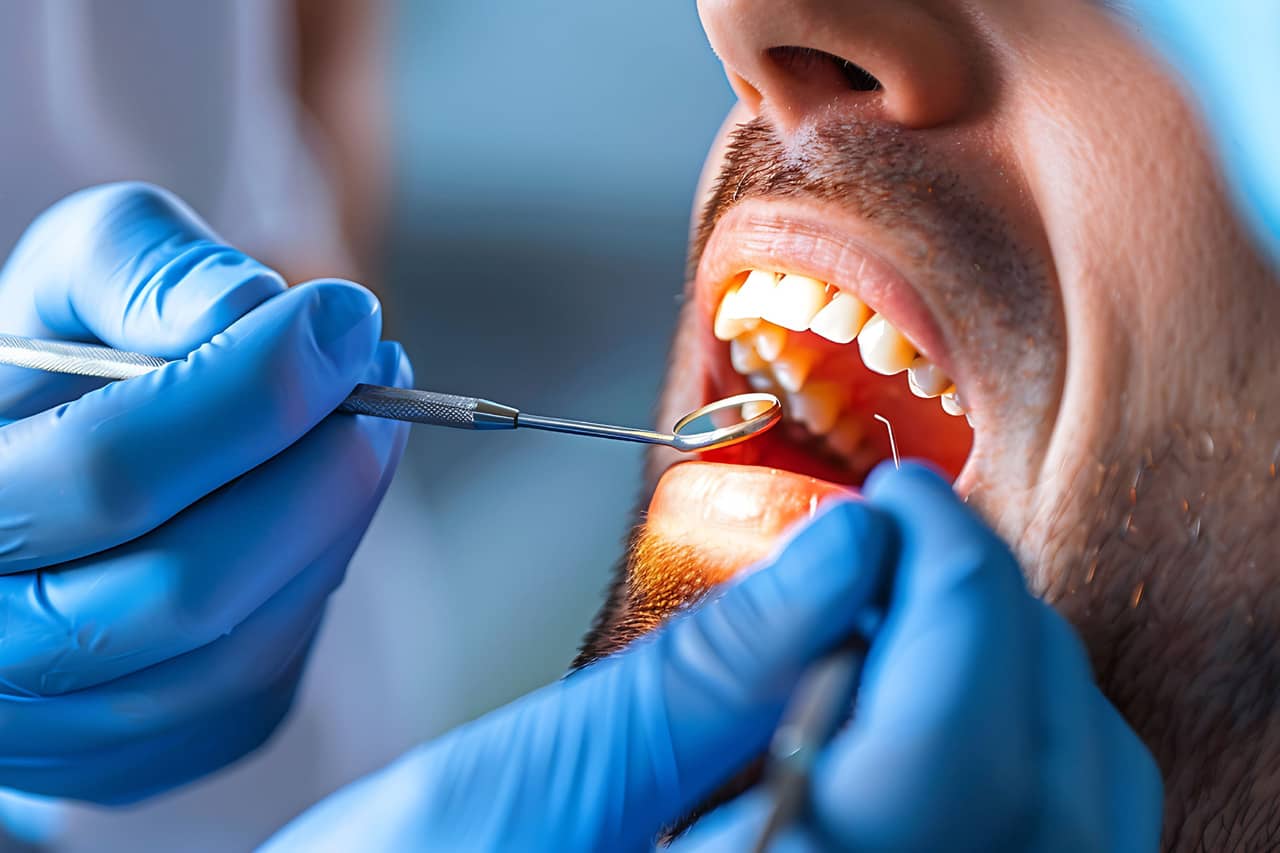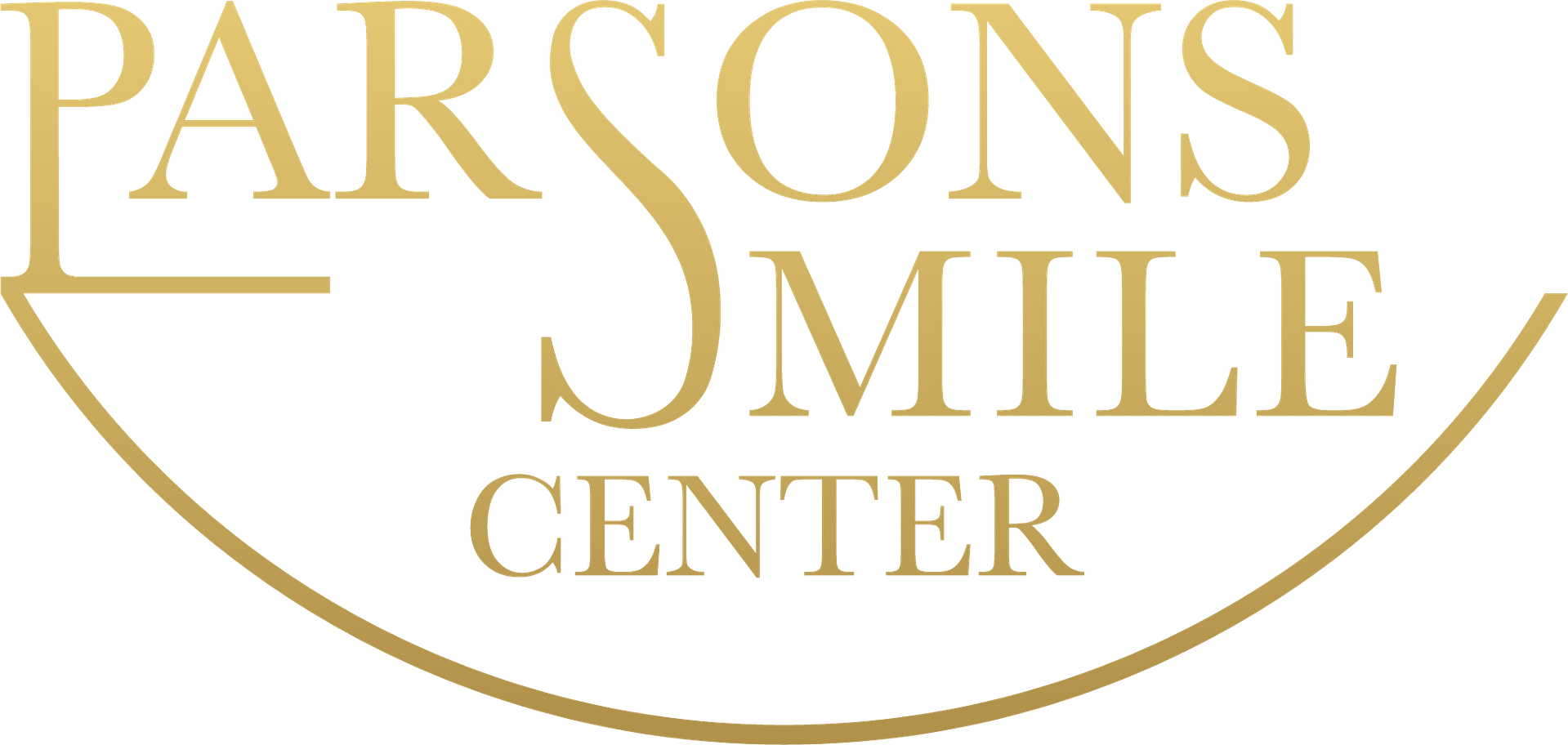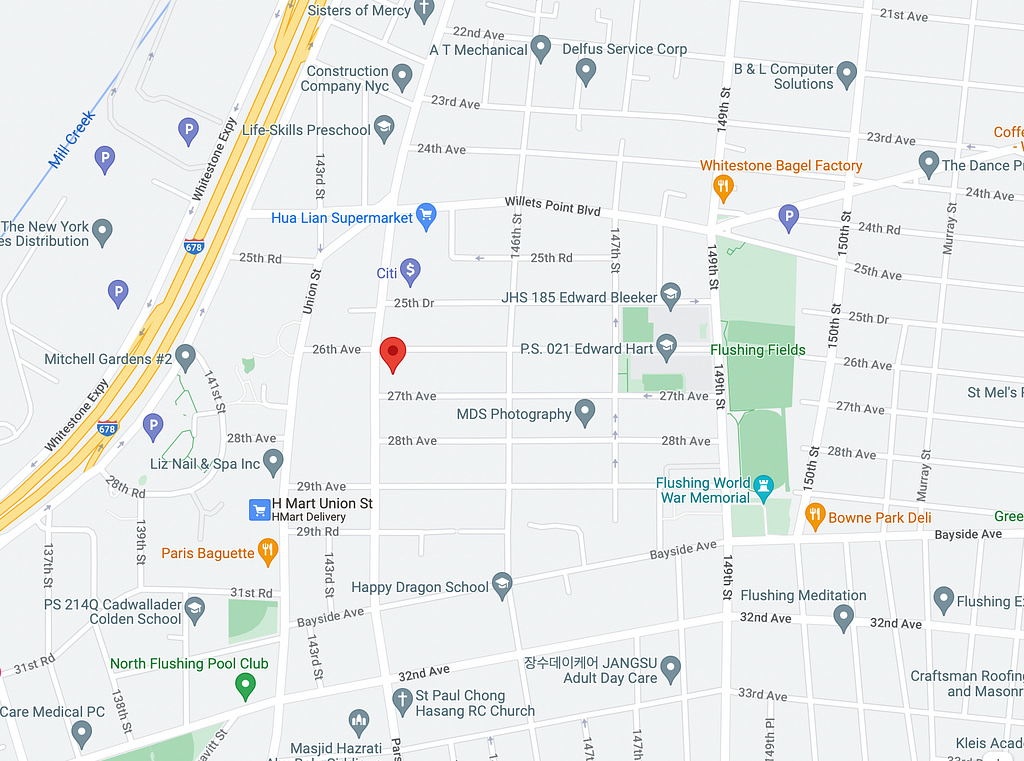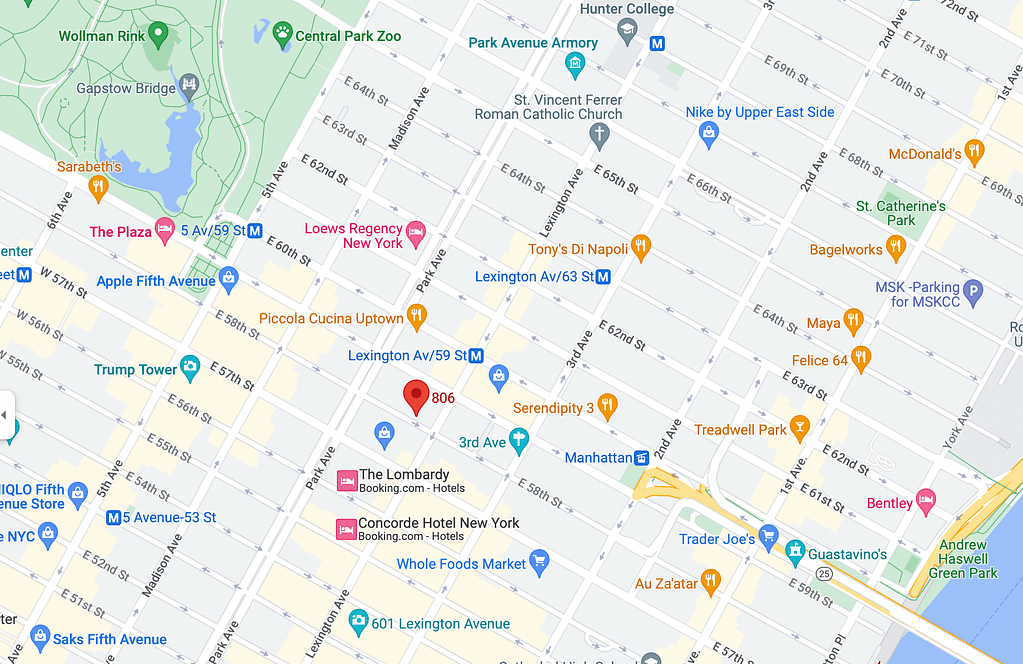
If you have been in a car accident and experience jaw and ear pain, you may be unsure what this discomfort indicates and if you should seek treatment. These symptoms can be signs of several types of trauma, including temporomandibular joint (TMJ) disorder, which occurs when the area around this joint is inflamed or sore. The jaw is a somewhat fragile bone, so if it is struck by an object or under intense pressure, you may have difficulty eating, talking, and sleeping. At Parsons Smile Center, we understand the challenges of TMJ and work closely with you to treat your jaw and ear pain so you can get back to living your life comfortably.
Dr. Fady Salha has over 30 years of experience in the dental industry, providing unmatched emergency dental services and care for those involved in accidents. We are committed to offering our patients the best care possible using the latest technology and techniques in our relaxing offices. Our attentive team closely examines your jaw to determine the best path forward based on your needs and preferences. We understand seeing a dentist after a car accident can be overwhelming, so we work one-on-one with you to ease your worries, explain your treatment, and support you every step of the way.
Are Jaw and Ear Pain After a Car Accident Signs of TMJ Disorder?
As the only part of your skull that can move, the jaw has a wide range of motion that helps you chew food and speak. While it may seem like a strong bone, it can be fragile and prone to injury, especially when under stress or hit by an airbag, window, or dashboard in a car accident. Even if you don’t feel symptoms right away, this trauma can lead to symptoms of TMJ disorder, like jaw and ear pain. This can lead to the following issues:
- Pain while chewing and talking
- Aches in the jaw area
- Throbbing in the face
- Pain in or around the ear
- Ear ringing or popping
- Feeling like your jaw is locked
Unfortunately, TMJ disorder symptoms do not typically resolve themselves, often requiring dental attention. If you experience jaw and ear pain after a car accident, please don’t hesitate to reach out to Parsons Smile Center for exceptional emergency services and personalized treatment.
How is TMJ Disorder Diagnosed and Treated?
When diagnosing jaw disorders like TMJ disorder, we closely examine your jaw, teeth, and gums and take the time to understand your unique needs and preferences. Then, we perform various tests to properly identify the issue, including the following:
- Evaluation of the head, temporomandibular joint, and surrounding muscles
- X-rays
- Bite alignment assessment
- MRIs
Once we have a better understanding of the severity of your TMJ disorder, we develop a treatment plan that will alleviate your jaw and ear pain, which may include the following:
- Medication: Anti-inflammatory, pain relievers, and muscle relaxers can help ease your TMJ disorder symptoms.
- Mouth guards: Wearing a custom-made mouth guard overnight can help place your jaw in a more comfortable position to reduce pain.
- Physical therapy: Stretching and exercising your jaw during physical therapy can help strengthen the muscles in the area and alleviate tension.
- Surgery: For more severe cases where the previous treatments are unsuccessful, surgery may be necessary to access the jawbone and resolve the issue directly.
At Parsons Smile Center, we understand every patient is different, so we try every option until we find one that works for you. We always put your health and safety first, providing the support you need before, during, and after treatment. This way, you always know what to expect and can take the best care of your jaw to avoid jaw and ear pain in the future.
Seek Treatment for TMJ After a Car Accident at Parsons Smile Center in NYC
Injuries from a car accident can take a serious toll on your life, especially if you suffered trauma to your face and have jaw and ear pain. These are symptoms of TMJ disorder, an inflammation of the temporomandibular joint, which connects your lower jaw to your skull. This disorder makes it difficult to open and close your jaw, and it can cause ear pain or ringing.
With over 30 years of experience and a client-focused approach, you can trust our team to treat your TMJ disorder symptoms in our state-of-the-art facilities. We go above and beyond for all our patients, ensuring they always feel comfortable in our care. To learn about the cause of your jaw and ear pain or questions about insurance, call us at (212) 223-5100 or fill out our contact form to schedule a consultation.
